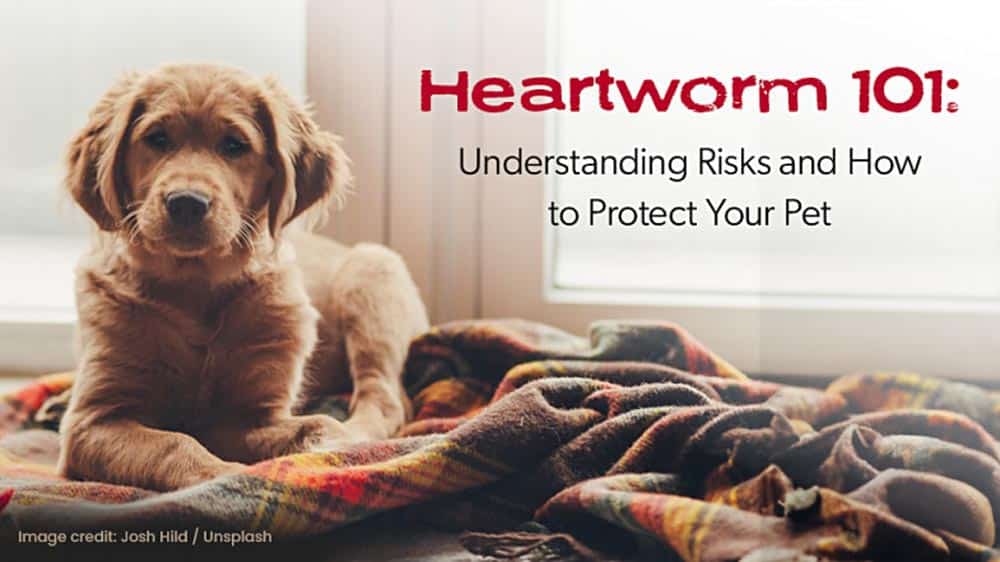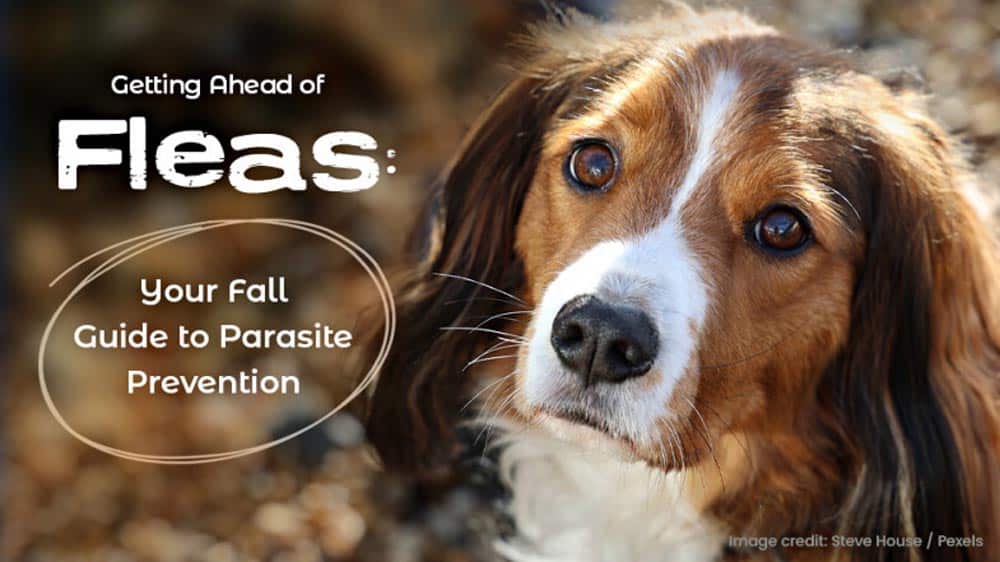Our Latest Blog Posts

Healthy Teeth, Healthy Heart: Why Dental Care Matters
February is often associated with love, thanks to Valentine’s Day, and that makes it a perfect time to show extra care to the pets who mean so much to us. While treats and cuddles are always appreciated, one of the...

Preventive Care Explained: How Small Steps Make a Big Difference
When was the last time your pet saw the veterinarian for a checkup, not because they were sick, but just to stay healthy? Preventive care is one of the most important ways to give your pet a longer, happier life....

7 Health Tips Every Senior Pet Parent Should Know
If you’re lucky enough to have a senior pet, you know just how special that bond becomes over time. From cozy afternoons on the couch to the look in their eyes that says, “I’ve known you forever,” there’s a deep...

Quiet Heroes Behind Healthy Pets: Veterinary Technicians!
Have you ever walked into a veterinary clinic, had your pet whisked gently away, and wondered who all those smiling, scrub-wearing professionals are? You might recognize your pet’s veterinarian, but chances are there’s another key person working hard behind the...

Is Your Pet Experiencing Pain? Here are Some Signs You Might Be Missing
Has your dog seemed a little more reserved lately, or is your cat less interested in playing with their favorite toys? It can be easy to attribute these changes to aging or mood, but pets are experts at hiding discomfort....

Taking Care of Your Feline: How Regular Veterinary Visits Can Improve Your Cat’s Life
Your cat may not be able to speak, but they’re always telling you something—with their behavior, energy levels, and habits. The trouble is, cats are naturally excellent at hiding signs of illness. So how can you tell if something’s wrong?
...
Curiosity Sparks Danger: How Pets Start Fires and What You Can Do To Prevent Them
Did you know that pets accidentally start nearly 1,000 house fires every year in the United States? It’s a scary thought, but it doesn’t have to be a reality in your home. Our furry companions are naturally curious and love...

Is It a Hot Spot?
If your dog won’t stop licking, chewing, or scratching one spot, it’s natural to wonder: “Is something wrong with my pet?” While occasional itching can be common, constant attention to a single area can signal a more serious issue, such...

Subtle Signs of Pain in Pets
As a veterinary team, one of the most important conversations we have with pet parents is about pain. Unlike us, our pets can’t simply tell us when something hurts. They often mask their discomfort, making it difficult to recognize the...

Heartworm 101: Understanding Risks and How to Protect Your Pet
Among the various health risks that pets face, heartworm disease stands out as a particularly insidious threat. This disease can have devastating effects on your pet, and yet, it is preventable. This article will delve into heartworm disease and stress...

Getting Ahead of Fleas: Your Fall Guide to Parasite Prevention
As pet owners, we can attest that flea infestation can not only be annoying but also extremely dangerous to our pets. Fleas can cause severe skin irritation, anemia, and even transmit deadly diseases. As we approach the fall season, it’s...

